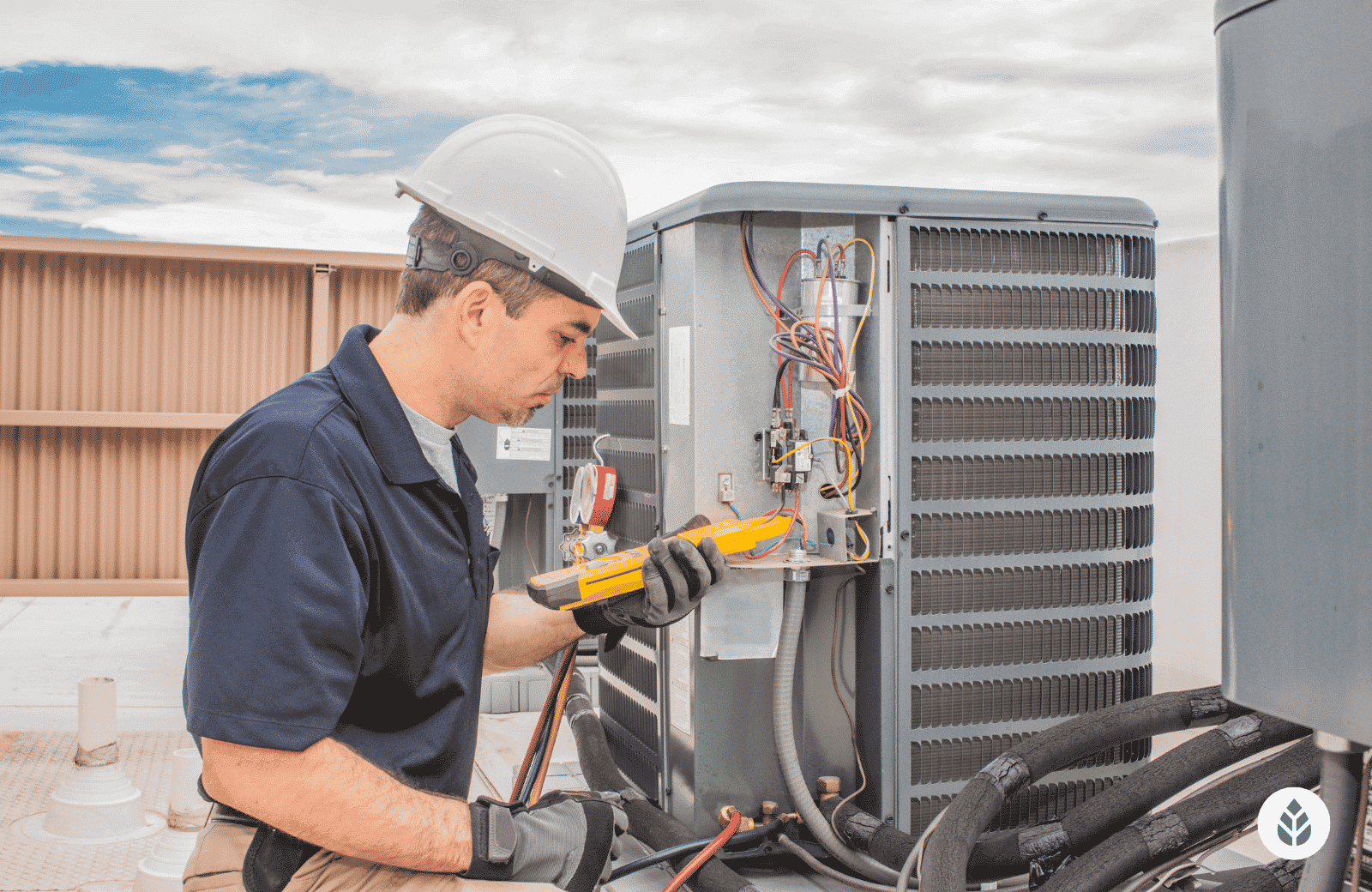DIY HVAC Upkeep: Suggestions for Homeowners

As a homeowner, ensuring your home cozy year-round is crucial, and your HVAC system plays a crucial role in achieving that. Consistent maintenance not just ensures your system runs smoothly but furthermore helps prevent expensive repairs down the line. With a little knowledge and the appropriate approach, you can handle your HVAC maintenance, ensuring a comfortable and healthy indoor environment for you and your family.
In this guide, we will discuss practical tips and insights on DIY HVAC maintenance, addressing topics such as identifying signs that your system needs immediate attention to comprehending the multiple forms of HVAC systems available. Whether you're looking to improve indoor air quality, save on energy bills, or know when to repair or replace your system, we have you taken care of. Let's explore the fundamental aspects of maintaining your HVAC system and ensuring your home comfortable all year long.
HVAC Care Essentials
Maintaining your HVAC system is essential for guaranteeing optimal performance and longevity. One of the first actions in effective HVAC maintenance is regularly inspecting and replacing the air filters. Dirty filters block airflow, forcing the system to work harder and possibly leading to expensive repairs. It is recommended advised to inspect your air filters on a month and replace them every months or more frequently if you have animals or allergies.
Another key aspect of HVAC maintenance is tuning up the system at least once a year. Regular professional maintenance can help spot potential issues before they become significant problems. Qualified technicians will check refrigerant levels, clean coils, inspect electrical components, and ensure that the system is running smoothly. This proactive approach can enhance performance and extend the lifespan of your HVAC system.
Finally, homeowners should be aware for signs indicating that their HVAC system may need immediate attention. Some common signs include unusual noises, inconsistent heating or cooling throughout the home, and an sudden spike in your energy bills. If you notice any of these signs, it may be time to contact a professional to diagnose and fix the issue promptly.
Signs That Your HVAC Requires Attention
One of the first signs that your HVAC system needs service is if you observe uneven temperatures throughout your home. If some areas are significantly hotter or cooler than the rest, it may indicate problems with your ductwork or issues with the system’s ability to distribute air effectively. This imbalance can lead to increased energy bills and discomfort, making it essential to address promptly.
Another critical sign is unusual noises coming from your HVAC system. Sounds like grinding, squealing, or banging can indicate problems that may worsen over time if not investigated. Additionally, if you hear a constant hissing or whistling, it could point to a leak in the ductwork. Not addressing why not find out more can lead to larger problems and potentially costly repairs.
Lastly, an increase in energy bills without a corresponding change in usage can signal that the HVAC system is working harder than it should be. This inefficiency can stem from various issues, such as dirty filters, worn-out components, or a need for a system tune-up. Monitoring the energy usage and reacting to significant increases will help you maintain a efficient and reliable HVAC system.
Enhancing Heating, Ventilation, and Air Conditioning Performance
To boost the efficiency of your Heating, Ventilation, and Air Conditioning system, begin by performing regular maintenance. This includes changing air filters at least each three months, as clogged filters can obstruct airflow and cause the system to work harder. Additionally, schedule professional tune-ups annually to identify minor issues before they become significant into major problems. This proactive approach not only extends the life of your Heating, Ventilation, and Air Conditioning system but also helps maintain optimal performance.
Another effective way to enhance Heating, Ventilation, and Air Conditioning efficiency is by sealing any cracks or leaks in your ductwork. Leaky ducts can lead to significant energy loss, increasing your bills and diminishing comfort in your home. Use duct sealant or metal tape to repair any visible leaks, and consider having a qualified technician perform a thorough inspection of your ductwork. Adding insulation to ducts can also improve efficiency, especially in unconditioned spaces like attics or crawl spaces.
Implementing smart technology, such as programmable thermostats, can additionally boost your HVAC system's efficiency. These devices allow you to set heating and cooling schedules based on your daily routine, minimizing energy usage when you are not at home. Moreover, integrate zoning systems to control temperatures in various areas of your house according to need. By combining proper maintenance, sealing leaks, and utilizing advanced controls, you can considerably improve your Heating, Ventilation, and Air Conditioning system's efficiency.

